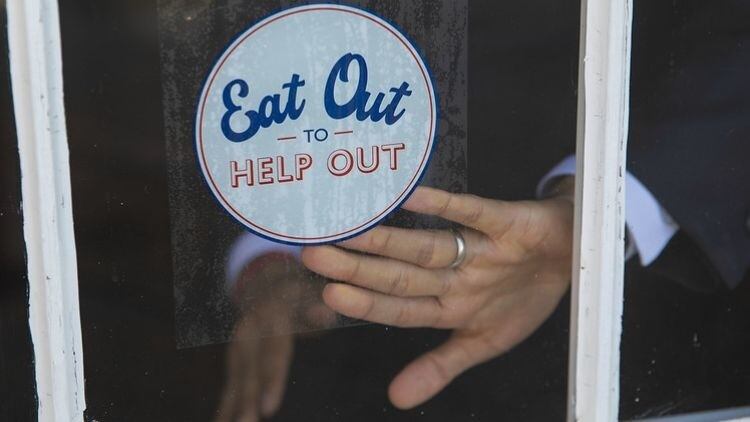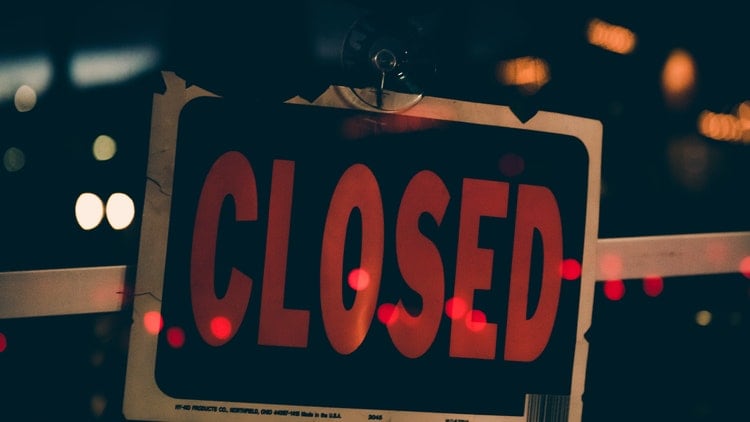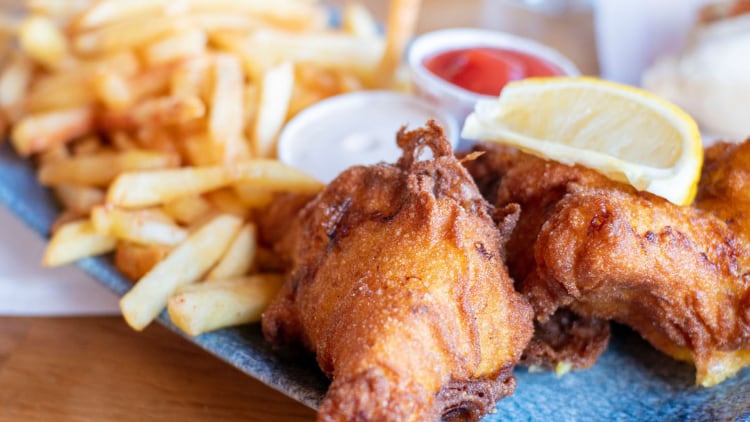The Eat Out to Help Out scheme has helped inspire more people to visit coastal town and city centres, data from the Centre for Cities High Street Recovery Tracker shows.
It comes as more than 35m meals have been claimed through the scheme, according to figures from the Treasury.
On average on Monday to Wednesday evenings in early August visitor numbers were 8 percentage points higher than in late July, shown by mobile phone data.
Bournemouth was the city which saw the biggest percentage point increase compared to the same periods the previous month, reporting a 23 percentage point uptick.
Staycations by the sea
Coastal businesses in Brighton and Blackpool also benefitted from the scheme amid good weather earlier this month.
A trend towards staycations may have also contributed to this, with pub rooms booking site Stay in a Pub reporting an increase in enquiries amid a series of quarantine orders on popular international holiday destinations.
Smaller cities such as Southend, Doncaster and Peterborough have enjoyed a boost since the start of the initiative, which offers diners a 50% discount at the start of the week.
The think tank said the average footfall on Eat Out to Help Out nights in small and medium sized city cities was on average 12 percentage points higher than in late July.
However, office workers have been reluctant to return to their workplaces meaning the average weekday city centre footfall has seen no change since early July.
The number of visitors on Eat Out to Help Out nights in the capital was just three percentage points higher than the same nights in late July, meaning London saw one of the lowest increases in the UK.
Check out The Morning Advertiser's (MA) interactive map of the cities with the biggest and smallest percentage point increases in Monday-Wednesday night visitors from late July to early August.
Areas that have enjoyed a boost in footfall since the launch of the scheme are shown in red while those who have not seen much change are shown in yellow.
Scottish city Aberdeen - which was plunged into a strict lockdown two weeks ago with hospitality businesses forced to shut - is in blue, as the only area to see a negative change.
Cities in the north of England - such as Manchester and Wigan - have also experienced stricter measures owing to high infection numbers in the previous weeks. Certain parts of the region are subject to restrictions on social gatherings, including different households not being allowed to meet up in indoor settings, such as pubs and restaurants.
Working from home
Centre for Cities’ chief executive Andrew Carter warned of the threat to jobs in city centres, where businesses were struggling to rebuild trade without its former base of office workers.
He said: “Good weather and the Eat Out to Help Out Scheme have helped increase the number of visitors to city and town centres. But a question mark remains over whether the footfall increase that we have seen this summer can be sustained into the autumn without the good weather and Government incentive – particularly with so many people still working from home.
“Shops, restaurants and pubs face an uncertain future while office workers remain at home. So, in the absence of a big increase in people returning to the office, the Government must set out how it will support the people working in city centre retail and hospitality who could well find themselves out of a job by Christmas.”
UKHospitality chief executive Kate Nicholls signalled the issue was more complex than the hesitation of office workers and commuters with many night-time businesses still closed, commenting on Twitter.
She said: “Businesses may be open - but note that there are crucial sectors like events, functions and nightclubs not and without support - but they are still trading at break even and in particular city centre hospitality and retail are in dire straits unless we get offices & biz returning.”




